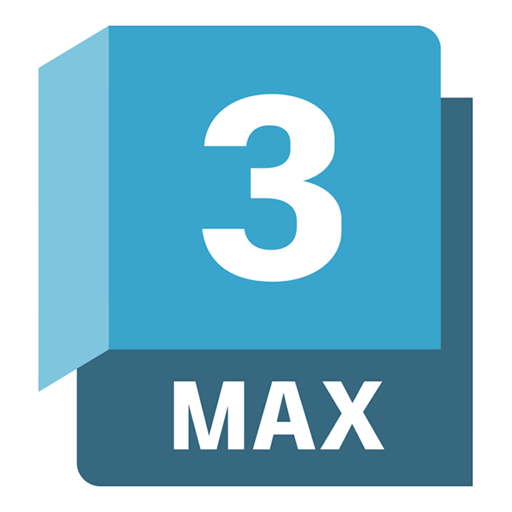
Game Art & 3D Animation Department
We will teach you everything you need to know – starting from the sheet of paper to the finished 3D model and the latest workflows in the gaming industry. We will support you at every step of your journey and will constantly give you feedback on your 3D pieces.
After completing your professional qualification in the Game Art & 3D Animation Department, you will have developed a presentable portfolio, which will open doors to the career of your choice.







Job Profiles in the gaming industry
The world is changing, and 3D visualizations have become indispensable in many areas, from computer games to architecture. That’s why exciting job prospects won’t be limited to the gaming industry. In the course of your studies, you will explore different professional fields and discover what you are most interested in. Our courses cover a broad spectrum and qualify you for jobs in the gaming industry, in VFX or the field of architecture.
Grab a pen and paper and start your career in the Game Art & 3D Animation Department. Among your job prospects are careers in 3D modelling, 3D animation, concept art, level design or character creation.

Game Art & 3D Animation
Students' Showreel
Excerpts from the curriculum
Our curriculum combines theory with practice: first you learn the basics of your field, then you apply them in real projects – with a focus on industry standards, interdisciplinary collaboration and market economy aspects. This is the best way to prepare for your career!
2D Fundamentals
Principles of Design and Composition, Colour Theory, Analog and Digital Drawing, Digital Image Editing
3D Fundamentals
Principles of 3D, Low- and High-Poly Modelling, Texturing and Texture Baking, Asset Creation Pipeline
Digital Sculpting & PBR-Texturing
Digital Sculpting, Physically Based Rendering, Real-Time Rendering Fundamentals, Asset Development
Game Art Animation & Rendering
Rigging Basics, Principles of Animation, Principles of Lighting, Realtime Rendering
Industry Workflows
3D Asset Creation, Environment Art, Level Design, Character Art, Visual Scripting
Possible Final Projects
Realtime Character Creation with Game Ready Animation, Realtime Environment including Dynamic Animation
Learning and studying
our four models
Academic courses and professional training start in March and September of each year. All our departments offer the same four options for learning and studying at SAE Institute:
Professional Qualification – Diploma
The SAE Diploma opens the door for a career in the creative industries in just 18 months. With a high practical component, you will acquire sound knowledge of the subject, and practical exercises will help you to develop technical skills at an early stage. The SAE Diploma offers professional technical training that equips students with strong, industry-relevant skills. Moreover, it facilitates flexible time management and a high degree of autonomy.
The newly launched Advanced Diploma is an ideal option for those who want to focus on the creation of a comprehensive and substantial portfolio. During the Advanced Diploma, you will complete an interdisciplinary or multi-semester project as part of a team, and you will learn about different aspects and issues associated with such projects. This will enable you to develop a deeper understanding of work processes and interconnecting fields while expanding the technical skills you acquired during the diploma.
Academic Degree – Bachelor
The Bachelor’s Degree is part of the “fast-track program” and takes 2 years to complete. This means you will be qualified faster, be able to enter the job market and start earning sooner. This option combines a compact full-time course with professional training. In addition to studying interdisciplinary content and research methods, practical exercises and projects will help you to gain technical and practical skills.
Thanks to its modular structure, the part-time Bachelor’s Degree allows students to be flexible and to study at their own pace. Professional and academic components are separated from each other and are taught in a complementary manner. As a rule, the Bachelor’s Degree in the part-time “extended model” is completed after 36 months; depending on your personal situation, the time can also be adjusted.
























